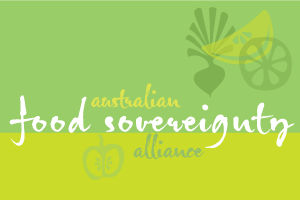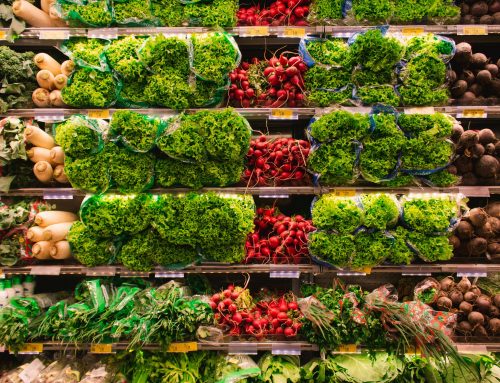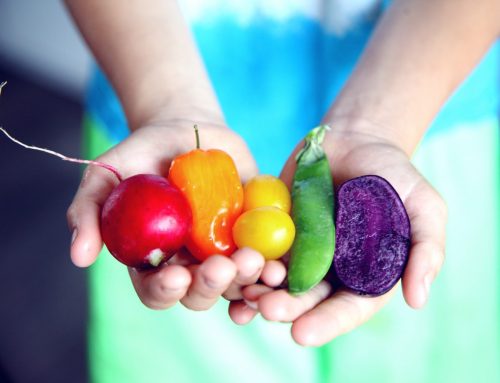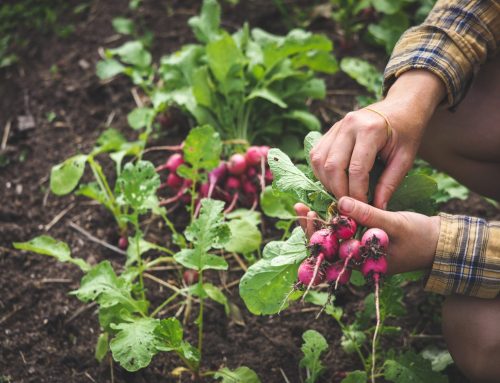The Canadian People’s Food Policy Project has delivered their report after two years’ consultations with 3500 Canadians in 250 kitchen table talks. Grounded in the principles of Food Sovereignty, the key recommendations include:
- Ensuring that food is eaten as close as possible to where it is produced (e.g. domestic/regional purchasing policies for institutions and large food retailers, community-supported agriculture, local farmers markets, etc.).
- Supporting food providers in a widespread shift to ecological production in both urban and rural settings (e.g. organic agriculture, community-managed fisheries, indigenous food systems, etc.), including policies for the entry of new farmers into agriculture.
- Enacting a strong federal poverty elimination and prevention program, with measurable targets and timelines, to ensure Canadians can better afford healthy food.
- Creating a nationally-funded Children and Food strategy (including school meal programs, school gardens, and food literacy programs) to ensure that all children at all times have access to the food required for healthy lives.
- Ensuring that the public, especially the most marginalized, are actively involved in decisions that affect the food system.
At a time when the Australian Federal Government is about to launch a national consultation to establish, for the first time in our history, a national food policy for Australia, this document, and the work that went into its construction, is a timely reminder of the need for food systems to be built in a participatory and democratic manner. This is what AFSA has been urging the Federal Government to do, and we call on all Australians who care about a sustainable, resilient and fair food future to do the same.
The full report can be downloaded here:





